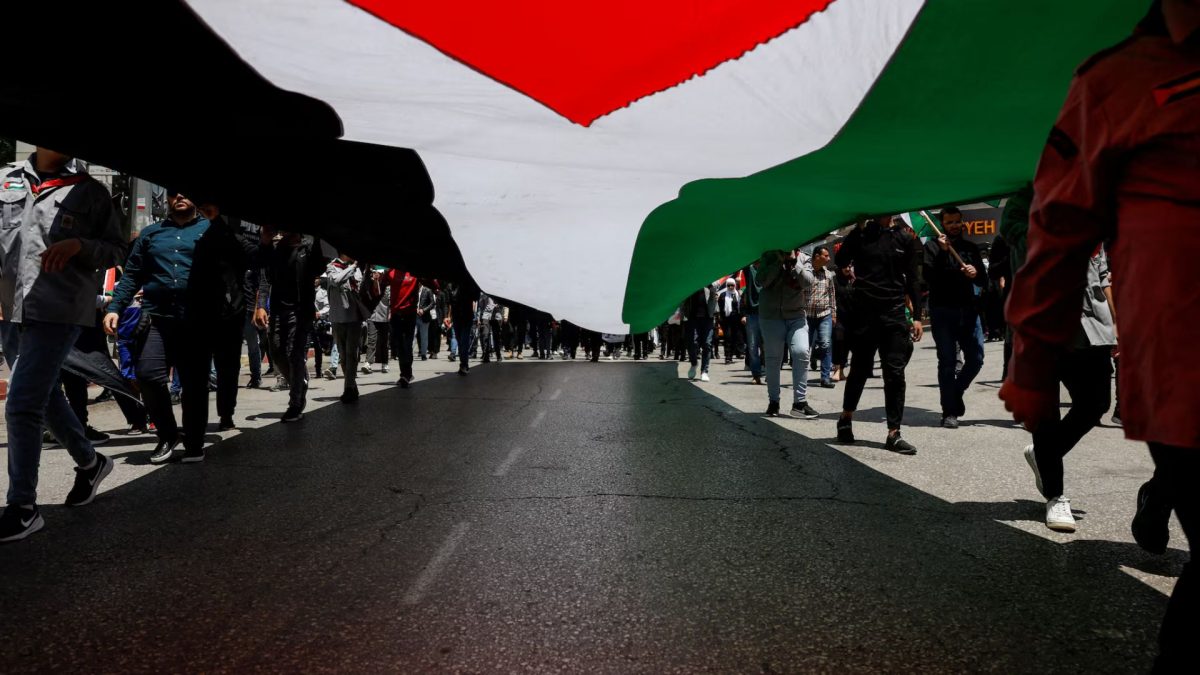November 15 is the anniversary of Yasser Arafat’s declaration of statehood for Palestine in 1988. Thirty-six years ago, Arafat, former Palestine Liberation Organization (PLO) leader, declared the Palestinian Declaration of Independence in Algeria, marking a crucial step in the Palestinian quest for recognised statehood. This declaration led to Palestine’s recognition as a state by 146 countries and underscored the Palestinians’ right to self-determination.
Here are 6 things to know about Palestine’s ‘independence day’
1 - Motivations behind the declaration
According to legal experts, the declaration was driven by two main motivations: the right to self-determination and the need to establish a state to protect Palestinians from potential annihilation by Israel. Legal scholar Francis Boyle recalled advising the PLO to declare statehood in 1988 amid political shifts and the ongoing Intifada.
2 - Statehood as a lifeline
Today, Palestine holds observer state status at the UN and has joined key international treaties. Boyle stated that Palestinian statehood is crucial for their survival, providing authority, protection, and access to international legal platforms, like supporting South Africa’s genocide lawsuit against Israel.
Today, 146 out of 193 UN members recognise the state of Palestine.
3 - UN membership & historical precedent
Boyle argued that no UN member state has ever been destroyed, citing his work in Bosnia to prevent the loss of statehood. Despite pressure from the US, which continues to block European countries from recognising Palestine, statehood remains a crucial lifeline for the Palestinian people.
4 - Legacy of the Treaty of Lausanne
John Quigley highlighted the 1988 declaration as positioning the PLO as the government of Palestine, referencing the 1923 Treaty of Lausanne, which established Palestine’s sovereignty. Quigley pointed out that the US is the key obstacle in preventing full recognition of Palestine by other countries.
5 - US influence & recognition process
Both Boyle and Quigley noted that US opposition continues to block full Palestinian recognition. However, Quigley argued that if the US officially recognised Palestine, other countries would follow suit, emphasising the importance of global recognition for Palestine’s diplomatic efforts.
6 - Impact of recognition
Increased recognition of Palestine strengthens its global position, allowing diplomatic relations and supporting its claims to occupied territories. While recognition doesn’t end the occupation, it contributes to a peaceful resolution by signaling international support for Palestinian sovereignty and opposing Israeli annexation efforts.


)

)
)
)
)
)
)
)
)



